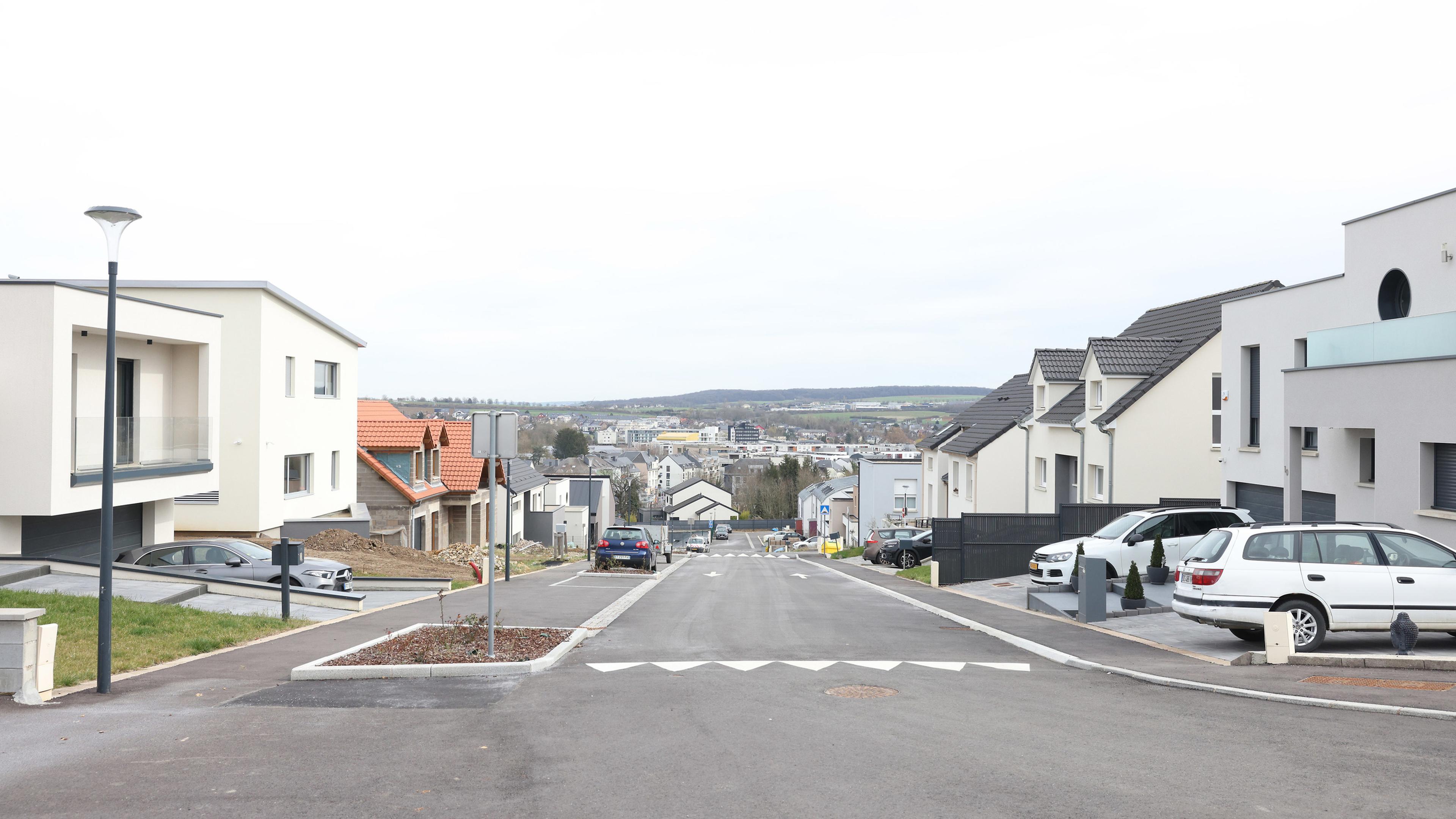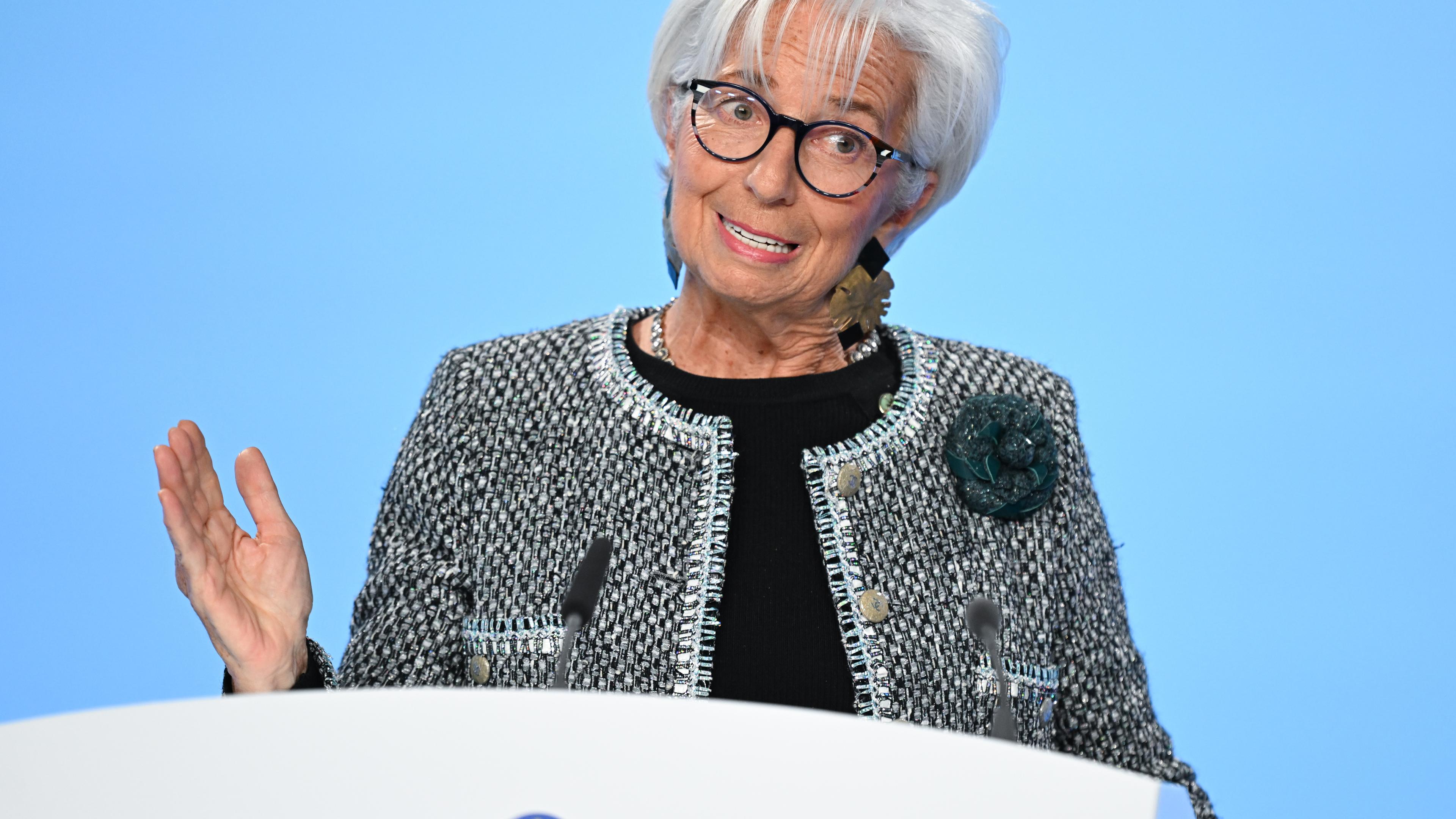Luxembourg’s consumer confidence indicator rose in the first month of 2024, the country’s Central Bank said Thursday, in contrast to a decline across the eurozone as a whole.
The monthly indicator by the Luxembourg Central Bank (BCL) saw increased confidence in January across three of the five areas assessed, including a significant rise in major purchases planned by households.
The projected financial situation of households over the coming year remained at -4, the same level at which it stood at the end of 2023, according to the survey. It had slumped to -30 in September 2022, in the months following Russia’s invasion of Ukraine.
However, despite increased confidence over personal finances, the most recent survey showed growing pessimism about the country’s general economic situation in the coming months.
“In January, households have downgraded significantly their expectations for the general economic situation in Luxembourg whereas those related to their financial situation have stabilised,” the BCL said in a news release Thursday.
The latest Luxembourg survey is in contrast to the findings of the European Commission’s confidence indicator in January, which showed a decline across both the eurozone and the wider EU economy.
The slight uptick in consumer optimism in Luxembourg comes as annual inflation dropped to 3.4% in January, Statec said Thursday, with the country’s official statistics agency also cutting its inflation forecast for this year to 2.2%, down from 2.5% previously.
However, the removal of government aid schemes, currently in place to buffer customers against energy price spikes, without any replacement measures would lead inflation to rise to 3.3% in 2025, Statec said.
Under the latest projections, a wage indexation would kick in during the last quarter of this year, and again in the third quarter of 2025.
Thursday’s calculation by Statec puts inflation higher than the most recent forecast by Eurostat, the EU’s official statistics agency, although the two use different methods for their estimations.
The Grand Duchy’s inflation rate fell from 3.2% on an annual basis in December to an estimated 3% in January, Eurostat said last week, down from a year earlier, when prices were rising at a rate of 5.8%.
There remains considerable uncertainty as to Luxembourg’s projected economic growth this year, with predictions ranging from 0.7% to 3.2% under different scenarios forecast by statisticians.












